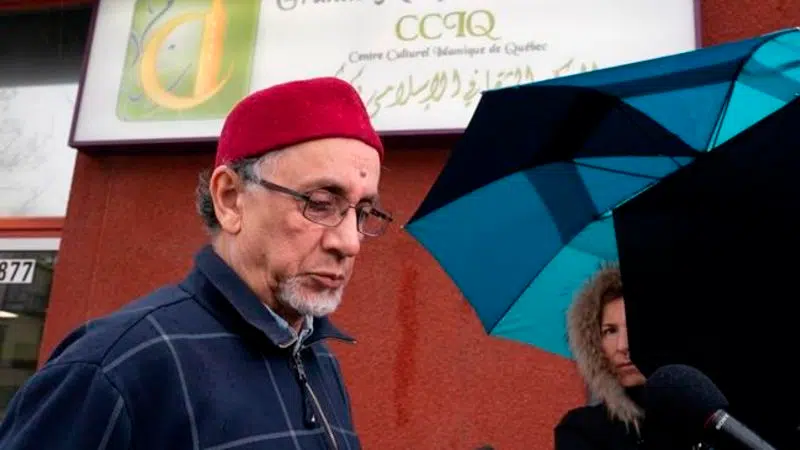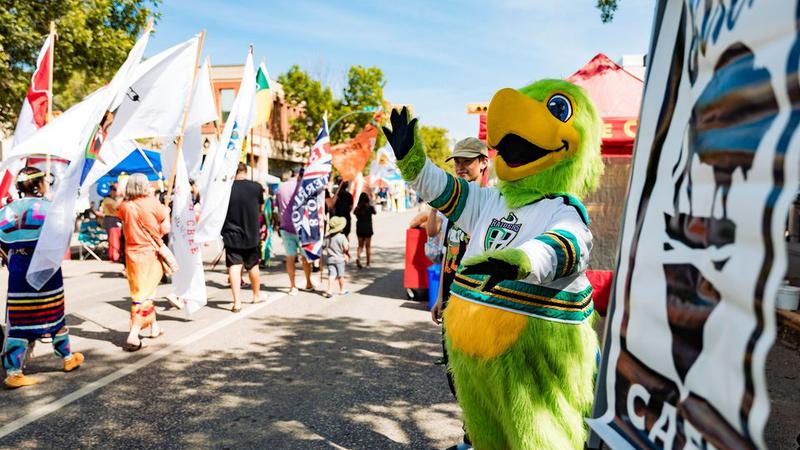
Quebec City Muslim worshippers condemn fatal New Zealand mosque attacks
QUEBEC — A little more than two years after their own community came under attack, Muslims in Quebec City said they were in shock over the mass shootings at two New Zealand mosques Friday that claimed at least 50 lives.
Their horror was echoed by members of other Muslim communities across the country as they offered condolences to the grieving families and spoke out against extremism.
Prime Minister Justin Trudeau condemned as “absolutely appalling” the attack on worshippers attending Friday prayers in Christchurch.


